Why Did China Withdraw From a $6.5 Billion Deal With Argentina?
China has decided to suspend a currency swap deal with Argentina worth $6.5 billion.
This development occurred just ten days after Javier Milei took office as the President of Argentina. Milei, who ran a campaign critical of China, had proposed cutting ties with the nation.
Immediate Action Post-Election
China’s decision to suspend the deal came swiftly after Milei’s election. The South China Morning Post reported, quoting local Argentine media: “China has suspended a $6.5 billion currency swap deal.”

Source: Getty Images
The report suggests that China’s action is contingent upon President Milei’s expression of a willingness to cooperate with China.
Lack of Official Confirmation
In the wake of this development, the Chinese Embassy in Argentina remained silent regarding the suspension.
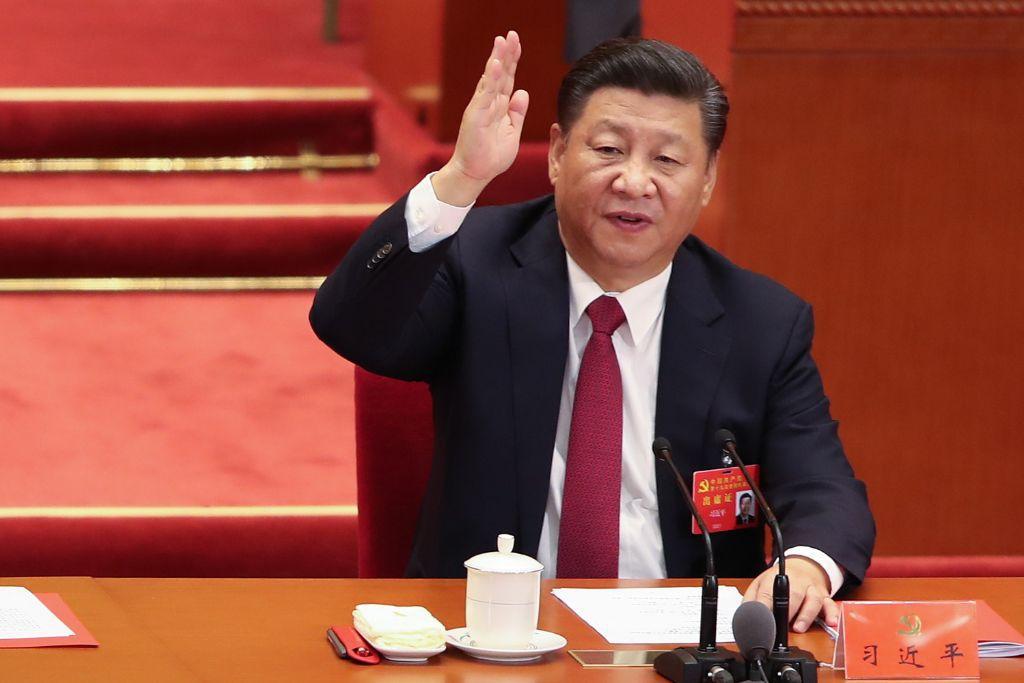
Source: Getty Images
Furthermore, Wang Wenbin, a spokesperson for the Chinese Ministry of Foreign Affairs, did not confirm the specifics but stated, “China will cooperate with Argentina based on equality and mutual benefit.”
History of the Currency Swap Deal
The currency swap deal between China and Argentina has been a staple of their economic relations, renewed annually since 2009.
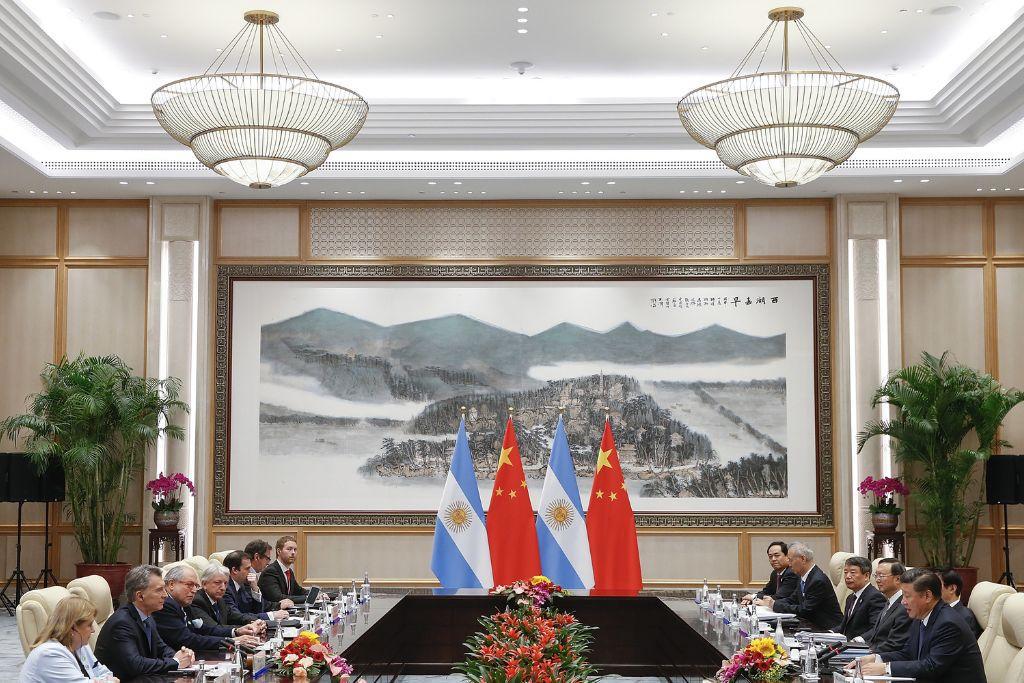
Source: Getty Images
For Argentina, grappling with a dollar deficit and near international default, this agreement with China has been a crucial financial support. Its suspension could have significant implications for Argentina’s economic stability.
Shift In Promises
Prior to the recent election, China had agreed to extend the currency swap during discussions with Sergio Massa, Argentina’s then Minister of Economy.

Source: Wikimedia Commons
However, the political landscape shifted dramatically with Milei’s victory. During his campaign, Milei expressed that he will not trade with communist countries, explicitly calling out China.
Change in Stance after Election
Despite his earlier rhetoric, Milei appeared to change his stance post-election. He reportedly sent a letter to the Chinese government requesting the renewal of the $5 billion currency swap.

Source: Getty Images
This indicates a potential shift in his approach towards China, moving from a campaign platform of severance to seeking continued economic cooperation.
Military Equipment Purchase as a Potential Factor
Argentine media outlet Infobae speculated that the suspension of the currency swap might be influenced by Argentina’s decision to purchase used F-16 fighter jets from the United States, deviating from earlier negotiations to acquire Chinese JF-17 Thunder fighters.
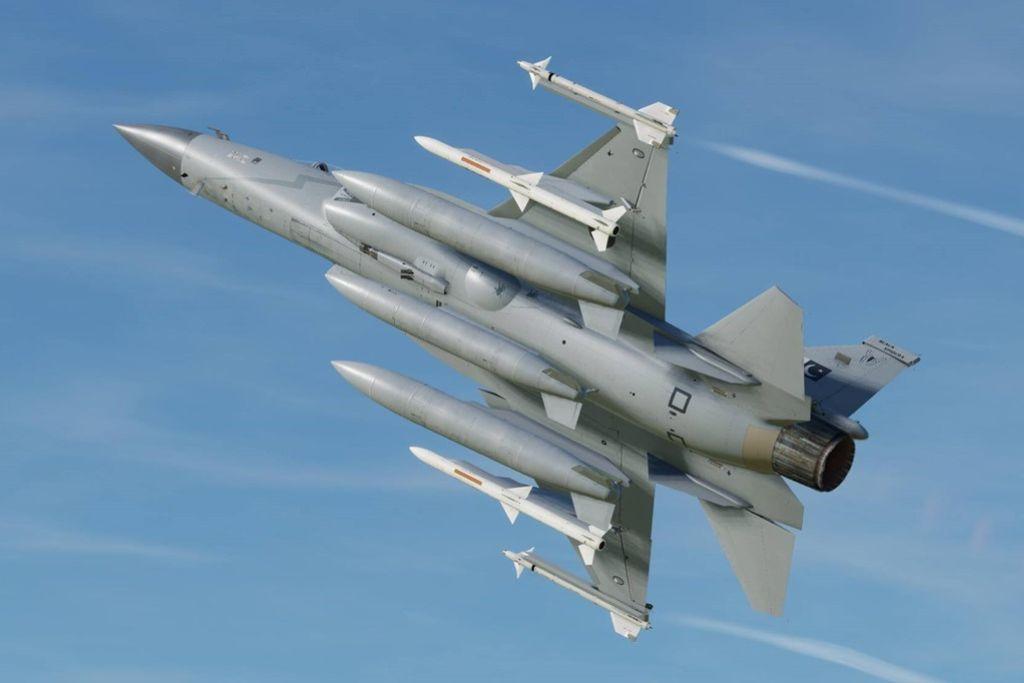
Source: Wikimedia Commons
Infobae suggests that for the currency swap to resume, Argentina would need to demonstrate a clear goodwill or friendly attitude towards China.
Seeking Alternatives with the IMF
With the currency swap deal in limbo, Argentina faces the challenge of seeking alternative funding sources. The nation may turn to debt renegotiation with the International Monetary Fund (IMF).
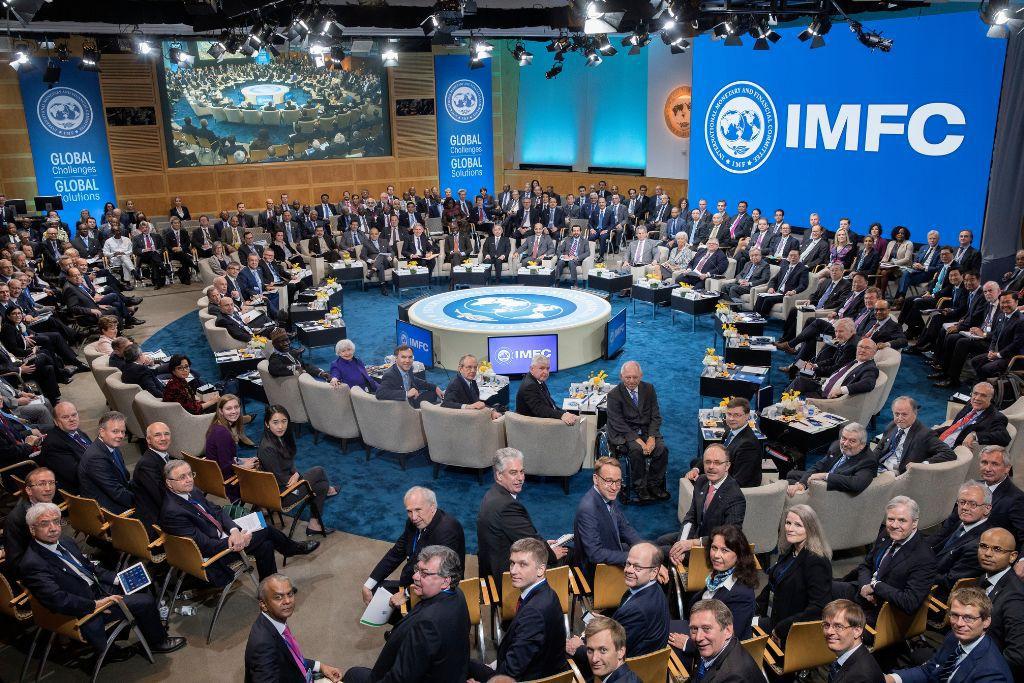
Source: Getty Images
However, the South China Morning Post predicted that achieving a favorable outcome with the IMF might be difficult without the buffer of the currency swap with China.
Impact on International Relations
China’s decision to suspend the currency swap deal is not just an economic measure but also a significant political statement.
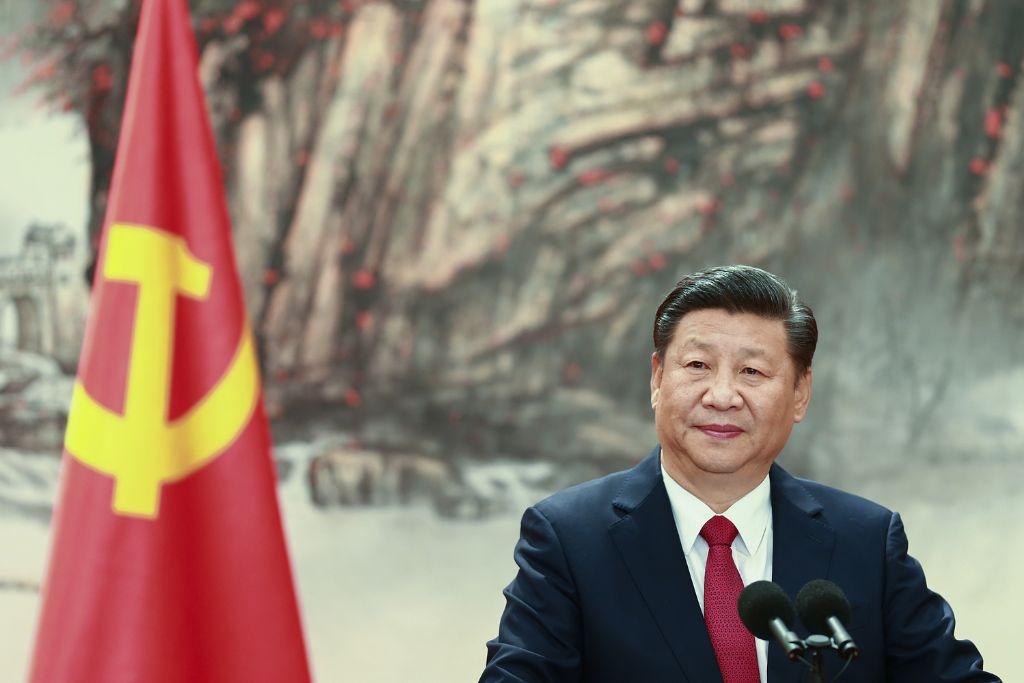
Source: Getty Images
It reflects how changes in a nation’s leadership and policies can directly impact its international economic relationships.
Wider Economic Implications
The suspension of the currency swap deal between China and Argentina has broader implications beyond their bilateral relationship.

Source: Angelica Reyes/Unsplash
It serves as a case study for other nations in how political changes within a country can influence its international economic agreements.
Anticipating Future Developments
The international community is now watching to see how the relationship between Argentina and China will evolve following this decision.
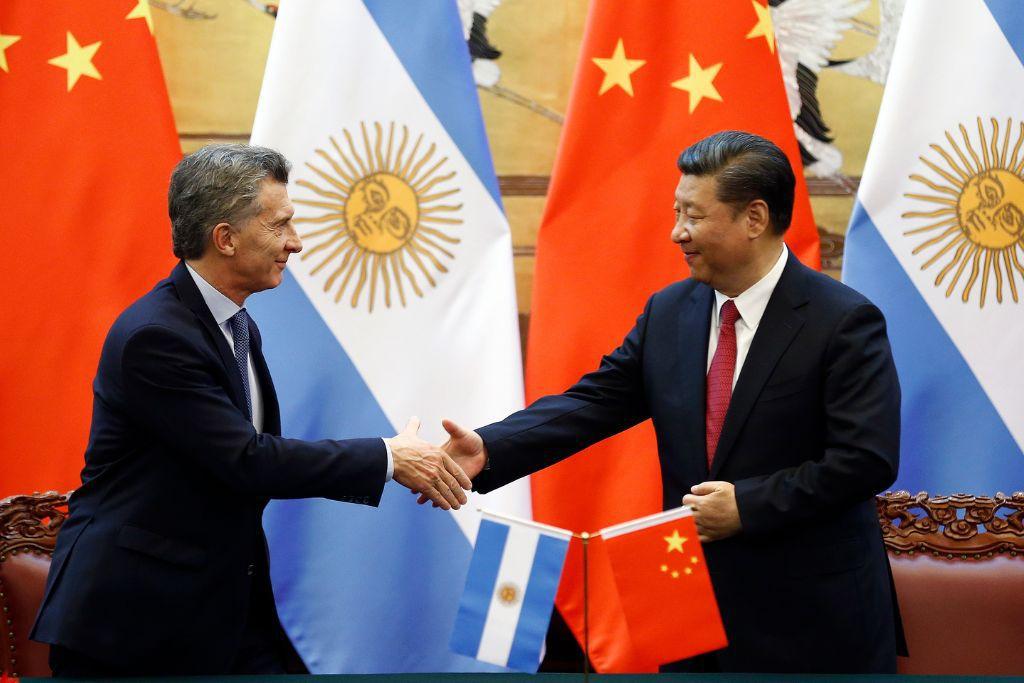
Source: Getty Images
The actions taken by both countries in the coming weeks and months could have long-lasting effects on their bilateral relations and potentially influence global economic patterns.
Global Economic Interconnectivity
This development between China and Argentina highlights the interconnected nature of the global economy.
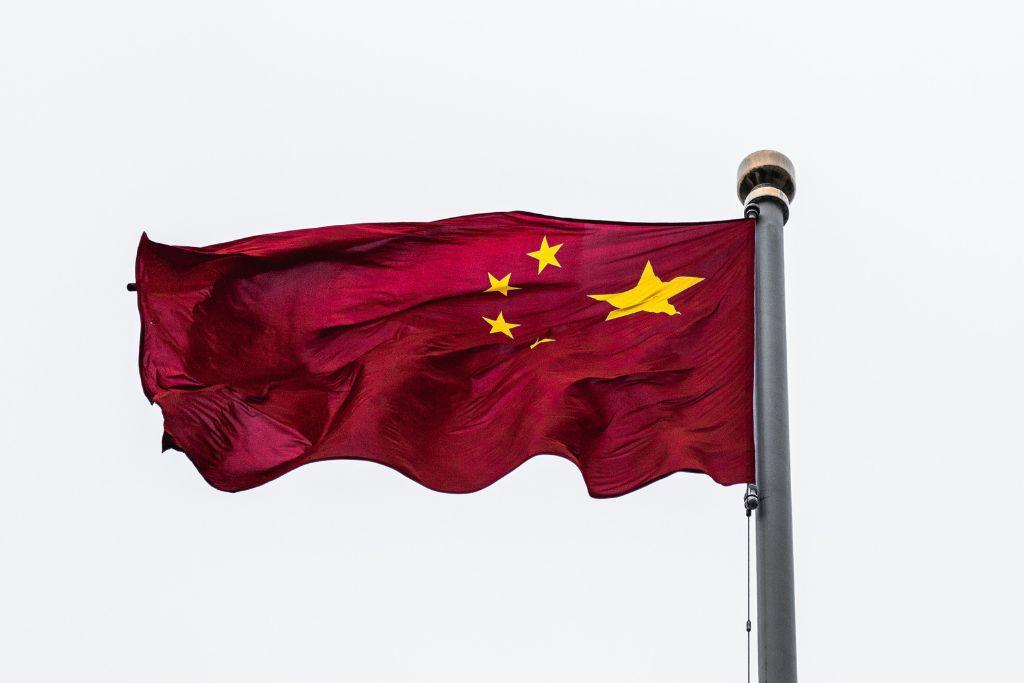
Source: Alejandro Luengo/Unsplash
Decisions made in one country can have far-reaching effects, influencing international economic relations and the global financial landscape.
China Announces Major Tariff Reductions on Argentine Products
In a contrasting move, the South China Morning Post reports that China has announced a significant reduction in tariffs on 143 Argentine agricultural and industrial products.

Source: Getty Images
This move, which takes effect immediately, aims to boost global commerce and end-consumer spending, potentially bolstering the economic ties between China and Argentina.
Strategic Impact of China's Tariff Policy
According to the South China Morning Post, China’s tariff reduction policy, established in 2016, specifically targets countries without free-trade agreements with Beijing.
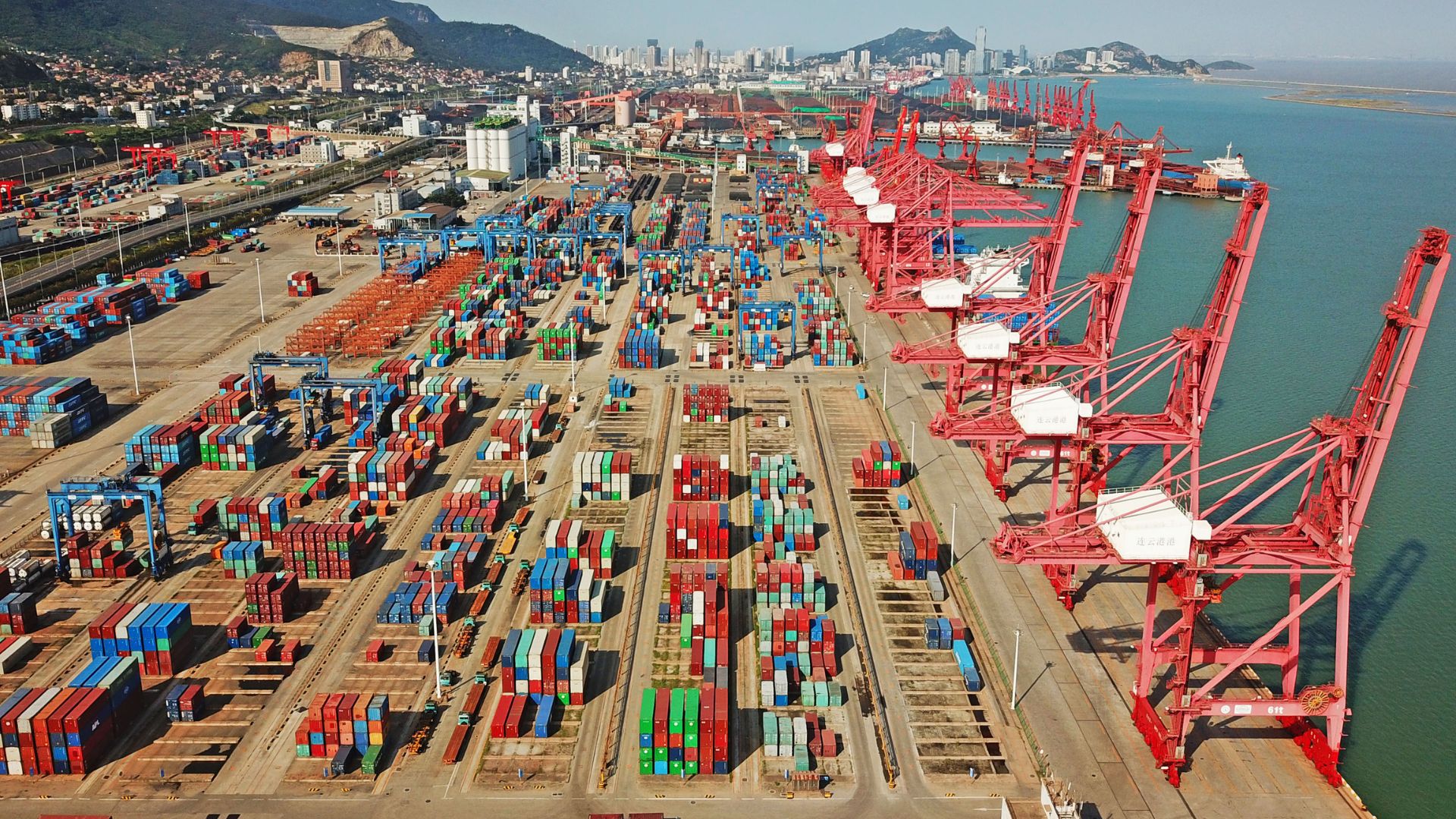
Source: Getty Images
The recent cuts on Argentine products are a part of this policy, reflecting China’s adaptive approach to its local market demands and international trade strategies.
Boost for Argentine Agriculture
The elimination of tariffs on essential Argentine agricultural products, such as dry sweetcorn and coriander seeds, marks a significant step towards enhancing bilateral trade.

Source: Mockupo/Unsplash
With tariffs dropping from 13% and 15% to zero, this move is poised to benefit Argentina’s agricultural sector substantially, as per the South China Morning Post.
Positive Developments for Argentina's Dairy and Fisheries
Argentina’s dairy industry is set to benefit from reduced tariffs on products like infant formula and cheese.

Source: Azzedine Rouichi/Unsplash
Meanwhile, the fisheries sector sees a mixed impact, with the 2% tariff on frozen shrimp remaining, but other seafood items enjoying lowered tariffs.
Wider Benefits for Argentine Food Industry
The tariff reductions also extend to the broader Argentine food industry.

Source: Karolina Kołodziejczak/Unsplash
The South China Morning Post describes that products such as infant formula and dulce de leche continue to enjoy reduced tariffs, enhancing Argentina’s export potential and contributing to its economic growth.
Tariff Cuts Across Various Sectors
China’s tariff reductions encompass a range of sectors.

Source: M Burke/Unsplash
The tariffs on orange juice, for example, have been lowered from 30% to 20%, with similar eased tariffs in the animal feed and pet food sectors.
China’s Strategic Expansion in the Southern Cone
The Diplomat reports that China’s geopolitical strategy includes extending its influence in the Southern Cone, challenging U.S. dominance in the Western Hemisphere.
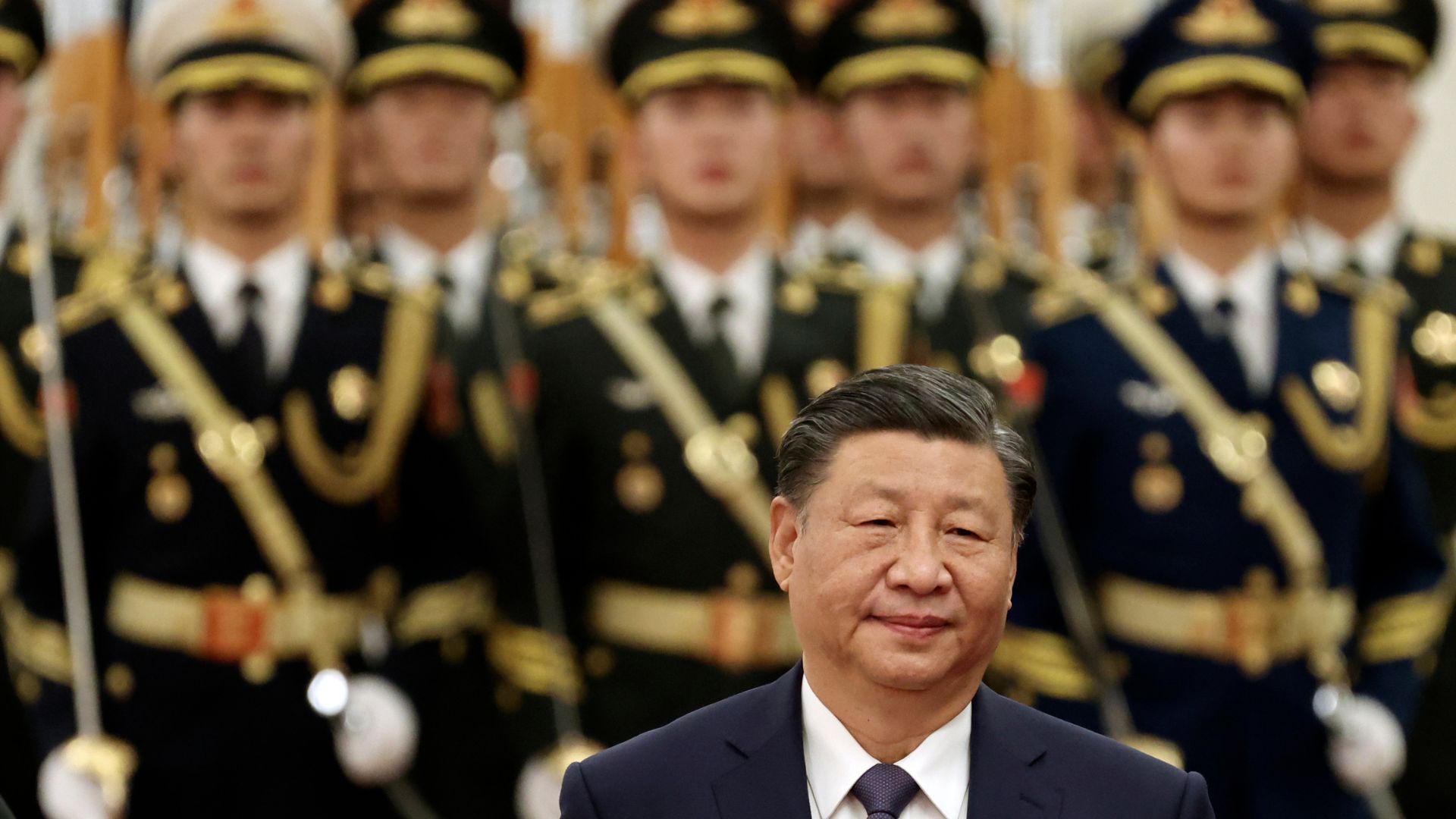
Source: Getty Images
As a major trade partner for Argentina, China’s role has significantly evolved. Diplomatic relations between Argentina and the People’s Republic of China were established in 1972, at a time when China’s global role was mainly seen as a counterbalance to Soviet influence.
The 2014 Deep Space Station Agreement
Another aspect of the China-Argentina relationship that has garnered significant scrutiny is the 2014 agreement between China and Argentina to establish a Chinese deep space station in Neuquén Province. The agreement included constructing facilities for tracking, command, and data acquisition, along with a deep space antenna.
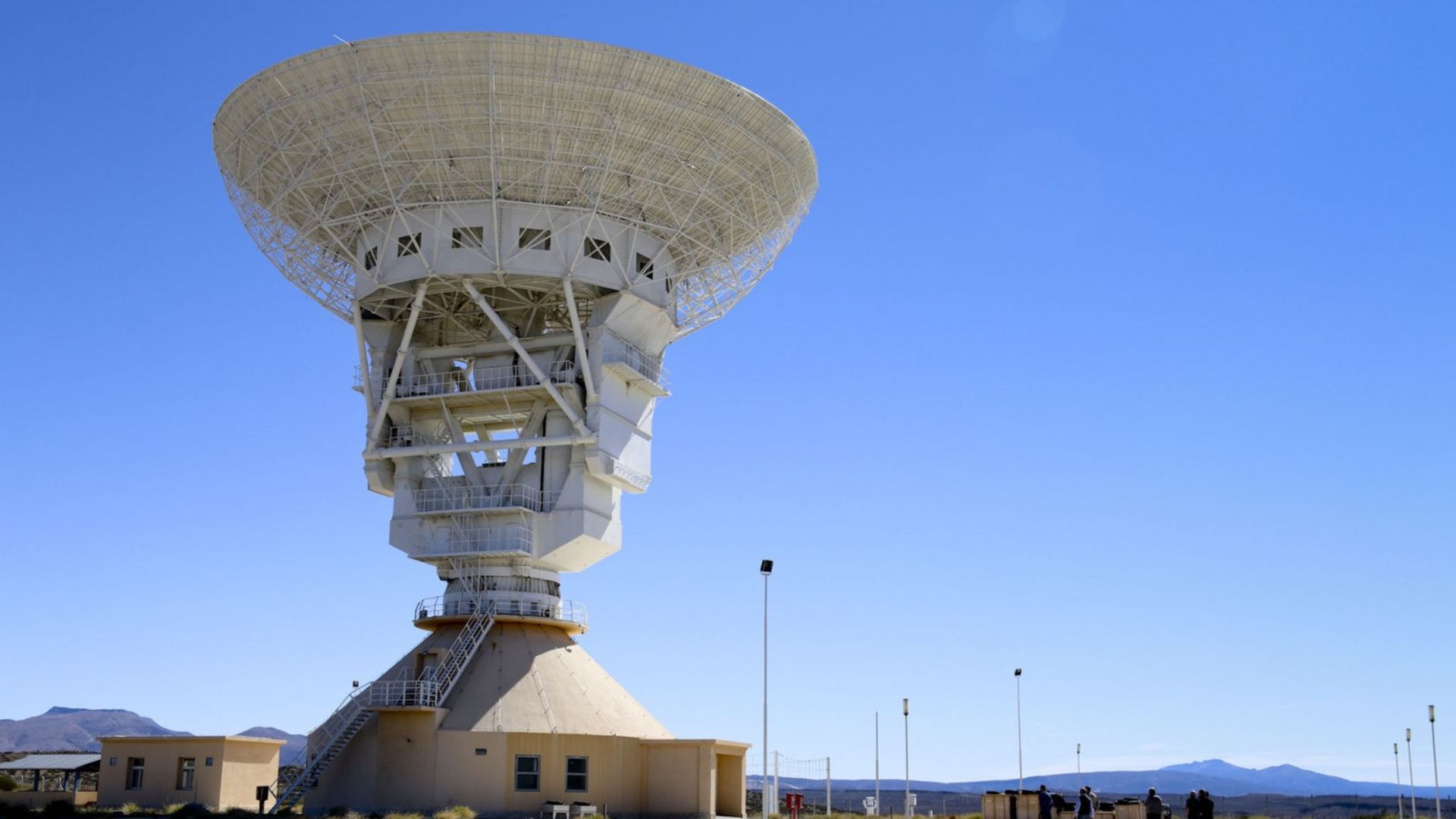
Source: Wikimedia Commons
However, there was a lack of clarity regarding the specific applications of the technology and the data that would be collected.
Neuquén Space Station: Strategic and Controlled
The Chinese space station in Neuquén, covering approximately 494 acres and enjoying tax exemptions, is subject to strict control and limited access.
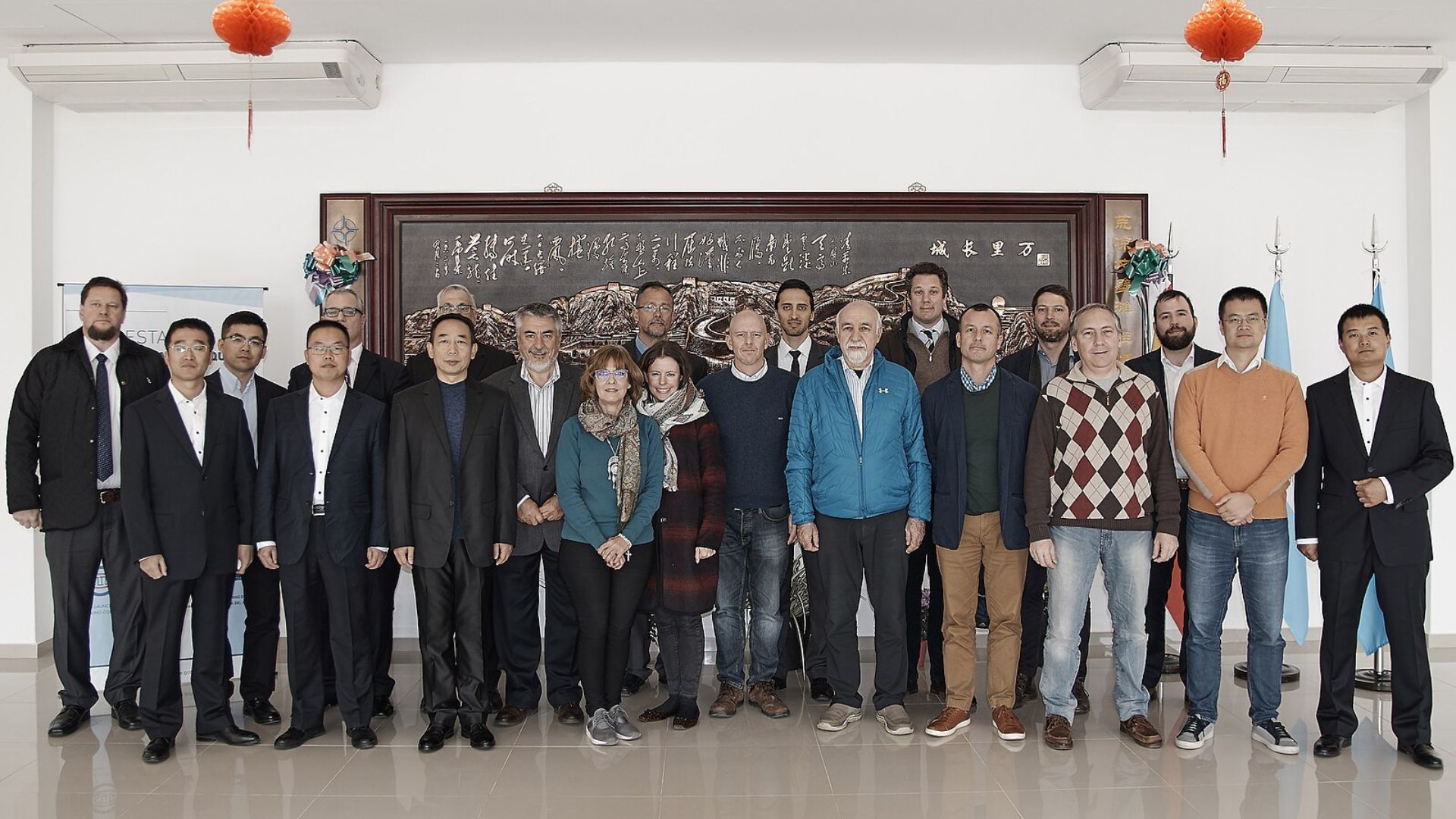
Source: Wikimedia Commons
The Diplomat explains that Its potential dual-use capabilities for both civilian and military purposes have raised concerns about its true function and objectives.
Economic and Community Effects in Neuquén
While the construction of the space station created jobs for over 300 workers, the actual economic impact on Neuquén Province remains uncertain, according to the Lowy Institute.

Source: Wikimedia Commons
Entry to the facility is by appointment only. There are limited opportunities for local authorities and media representatives to tour the facility, contributing to community concerns about the base’s true function, as per the Diplomat.
Legal and Sovereign Challenges
The Argentina-China space agreement challenges traditional international space law norms.
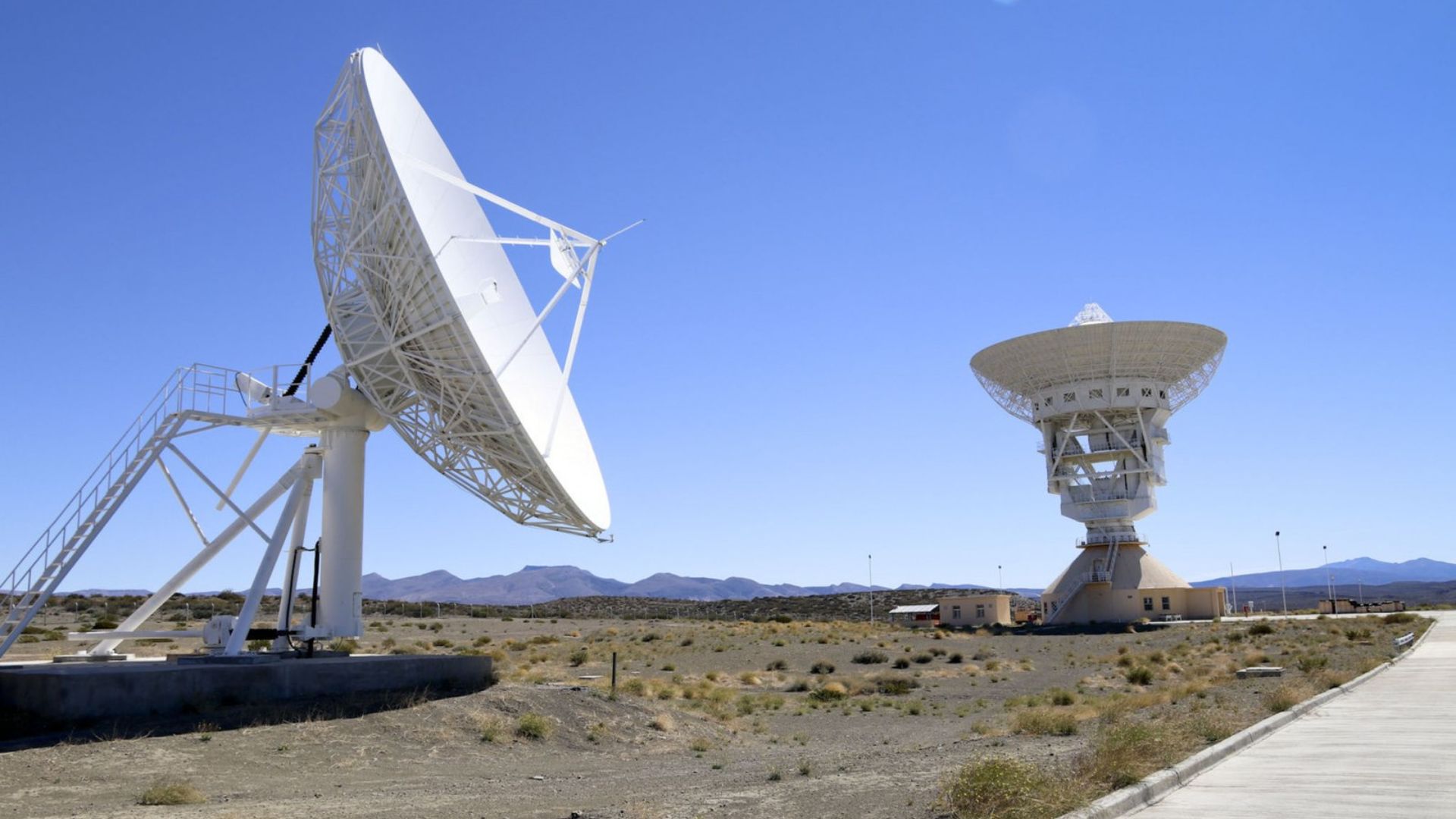
Source: Wikimedia Commons
The Lowy Institute explains that it dictates non-interference by the Argentine government in the station’s operations and requires Argentina to notify China of any actions that might affect the station, raising questions about sovereignty and jurisdiction.
Global Trade and Diplomatic Relations
The developments in trade and diplomatic relations between China and Argentina illustrate the complex nature of international relations.
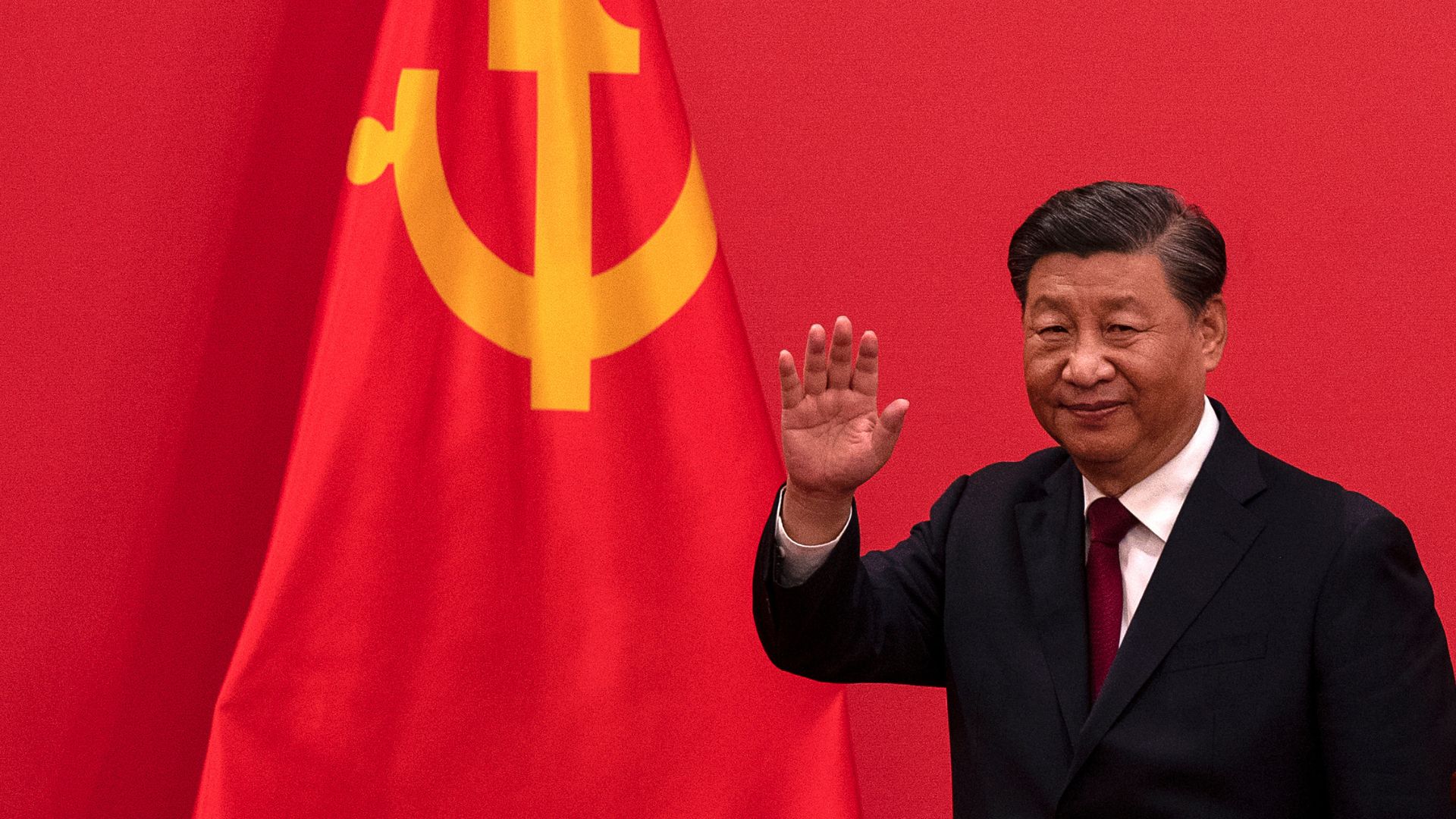
Source: Getty Images
The suspension of the currency swap deal, tariff reductions and the space station agreement reflect the evolving economic and political landscape between the two nations, serving as examples of the intricate balance in global diplomacy and trade.
